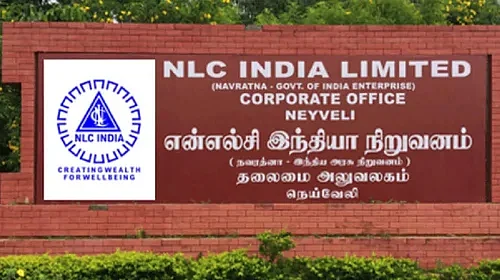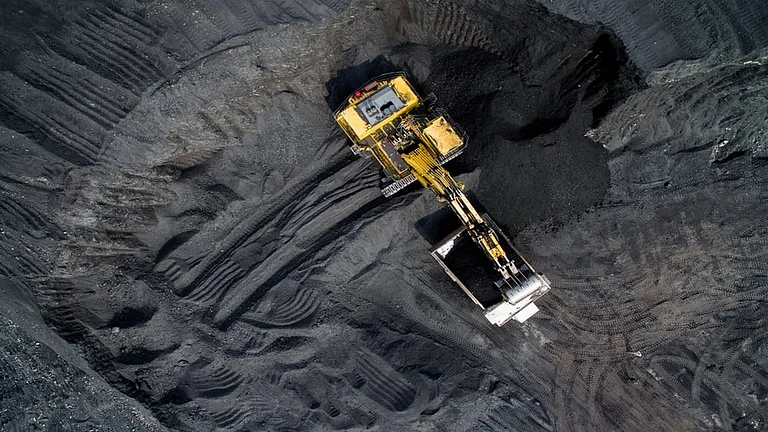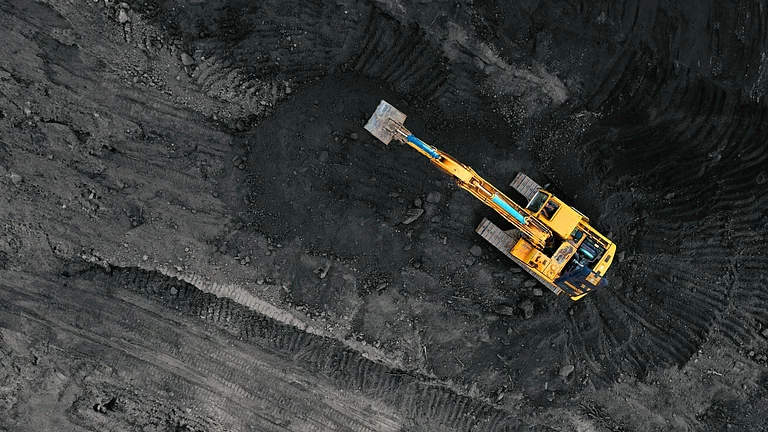Land in India is not just a mere property but something that holds a cultural significance for owners, especially for those residing in rural areas. Perhaps, this is what made it difficult for companies to convince these people to vacate their lands since the boom of industrialisation in the country. Similar was the challenge for state-owned NLC India Ltd, who is planning to set up a 2400 MW thermal power plant in Talabira, Odisha. But their approach to tackle this long-running issue seems different.
The plant, having a project cost of Rs 19,422 crore, is being developed near the coal mine of NLC in Talabira. According to the company officials, the work on the plant is suppose to commence from December or January and will take around 4 years to complete. Of its total output produced, 1,500 MW will be supplied to Tamil Nadu, 400 MW each to Kerala and Odisha government, and 100 MW to Puducherry. The plant will take up 15 million tonnes of coal out of the 20 million tonne capacity produced in the Talabira coal mine, while the rest continued to be diverted to NLC’s plant in Tamil Nadu.
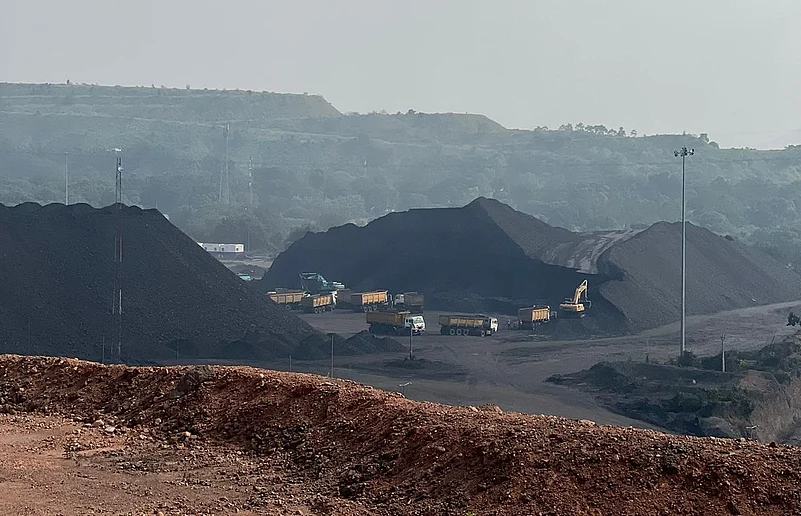
“NLCIL Talabira Thermal Power Project is a savior for integration of renewable energy into the grid in the most competitive manner. The EPC tender for the Phase 1 (3X800MW) is expected to be finalized by December 2023. With the support of state government the land acquisition process is progressing smoothly. The R&R activities for the project-related families are in the advanced stage of completion,” said Prasanna Kumar Motupalli, CMD, NLC India Ltd.
Project Benefited
As it happens in many cases of industrial development, people situated around the project have lost their beloved land. The count of displaced families in case of NLC’s Talabira project is more than 700. These reside in the five villages that are there in the area the project covers in the district of Jharsuguda. For the displaced, the Indian legislature introduced the Rehabilitation and Resettlement Act in 2011, which came into force on January 1, 2014. The act lays down procedures and rules for the compensation and settlement of the people affected by such projects in India.
However, the compensation provided by NLC India is more than just following the rules of the land. K Satya Prasad, who is ED and Head of Talabira Project, claims that the company is giving the most attractive packages to the displaced people. “Firstly, we are giving the land cost above the market rate, at price up to Rs 60 lakhs per acre. And in Odisha, a person who has attained the age of 18 is considered one family. So, if a father has three sons of age 18 or above, then they will be getting four houses from us,” he told Outlook Business.
Since it is not in the plans of NLC to provide permanent employment to every displaced family, the company will give them a one-time compensation of Rs 20 lakh each. Consequently, a family with four people above the age of 18 will receive a total amount of Rs 80 lakh. On top of this, each family will also get a monthly annuity starting from Rs 3,500 for the next 30 years. All this put together makes it the most attractive R&R package in the words of Prasad.
“People are really getting benefited from our R&R packages which are supposed to be one of the best packages in the country. If they were not happy and comfortable, then we would not have been able to do our work here. We are committed to not just giving them huge compensation, but also secure their future generations,” said Franklin Jayakumar N, Executive Director at NLC.
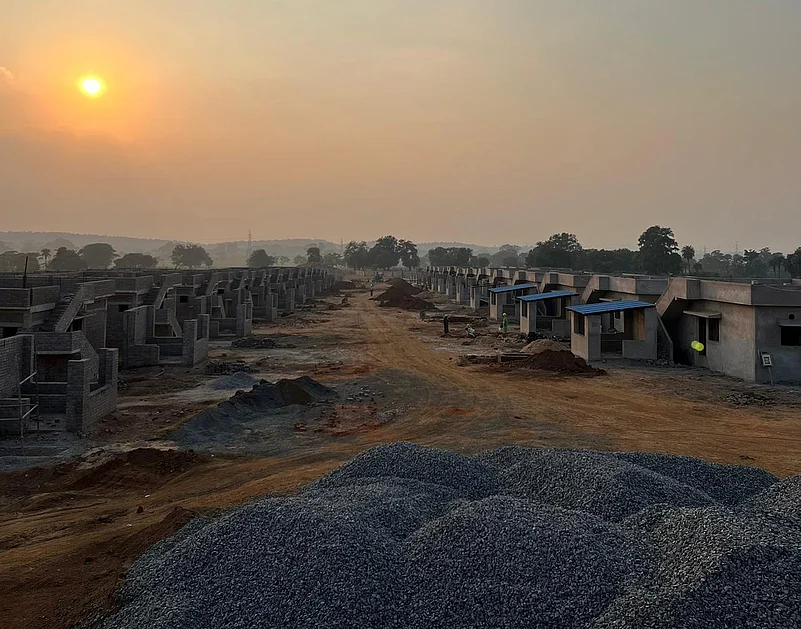
Going The Extra Mile
For its promises, NLC India is accommodating the displaced across five colonies located near to each other. The residents will have the option of further constructing the homes allotted to them if they find necessary. Additionally, the company has also taken upon itself to assist them in essential needs such as education and health, besides enhancing their skills for them to gain employment. Such is the result of their commitment that majority of the displaced have already agreed to migrate to the new homes when ready.
This is somewhere contrary to what Mahanadi Coalfields Ltd (MCL), another state-owned mining company, faced earlier this year. Those displaced by MCL projects, expressed outrage through protests that disrupted the operations of the company. People from 14 affected villages took their frustration to set camp in front of the company’s office for better compensation for their lands. MCL was reportedly disobeying the decisions of the Odisha government, and Claims Commission appointed by the Supreme Court.
To understand the situation better, Outlook Business spoke to a representative of the displaced of the NLC Talabira project. “Initially we were reluctant. But what they (NLC) offered was much better than MCL, which gave us confidence. And now a lot of us are comfortable to migrate given the rest of the benefits they are providing. We expect that our quality of life will certainly improve when we move to the colonies. Last year, they organised a cultural event for our community that was again a great gesture on their behalf,” he said.
Another official at NLC India said the company is going the extra mile in settling the displaced because it finds it important to value the attachment the people have with their lands. “We are not limiting ourselves to the R&R rules set by the government. There is a lot more to be done when you are asking someone to give up his land. If we don’t take proper care of this aspect, then the backlash will naturally happen,” the official added.
Lesson From History
To understand the seriousness of resettling the displaced properly, one has to not look anywhere but at what happened to those affected by the construction of Sardar Sarovar Dam on the Narmada River. The project reportedly displaced families in the three states of Gujarat, Maharashtra, and Madhya Pradesh. The lands given to them were not sufficient and uncultivated and water logged in several cases. Moreover, the sites did not have essential facilities such as sanitation and adequate water.
The displaced of this project, who were mostly adivasis, could not get their due despite struggling for more than a decade, and involvement of the World Bank and attention from media. Therefore, NLC’s R&R package to the displaced seems a lesson from the history. The idea to go the extra mile may not just be an option, but the solution to how to grow the country without sacrificing the quality of life of the people.
Last year, Coal Minister Pralhad Joshi had launched a new R&R policy of NLC India while underlining the importance of fair compensation to the villagers. He said the new policy has enhanced amenities for the displaced, and lauded the efforts of the company in framing a flexible re-settlement plan.







